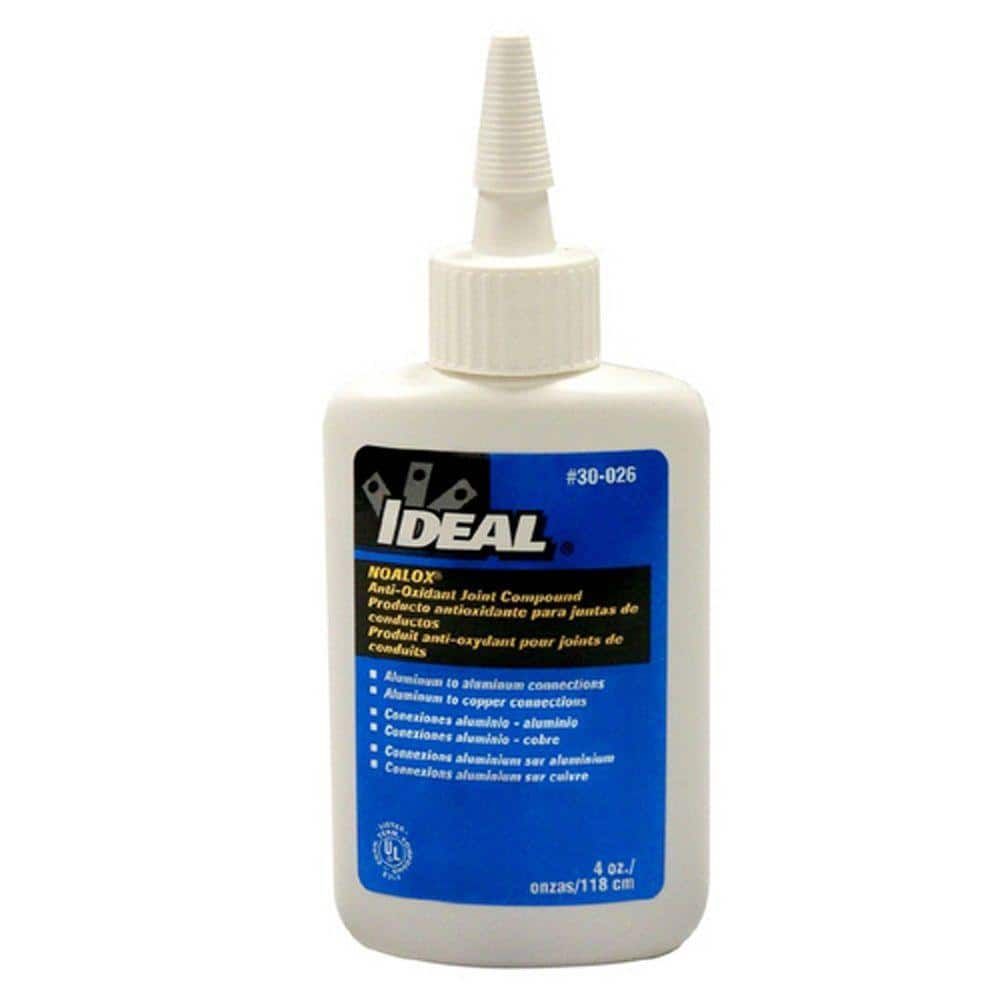NinjaDeathMonk
New Member
- Joined
- Sep 20, 2019
- Messages
- 54
Hi, everyone. How significant is galvanic corrosion in a portable DIY system? Like when soldering an aluminum wire to a copper XT60 terminal. Or soldering a copper wire to a circuit board. Or just soldering or crimping copper and aluminum wires together. Thanks.



